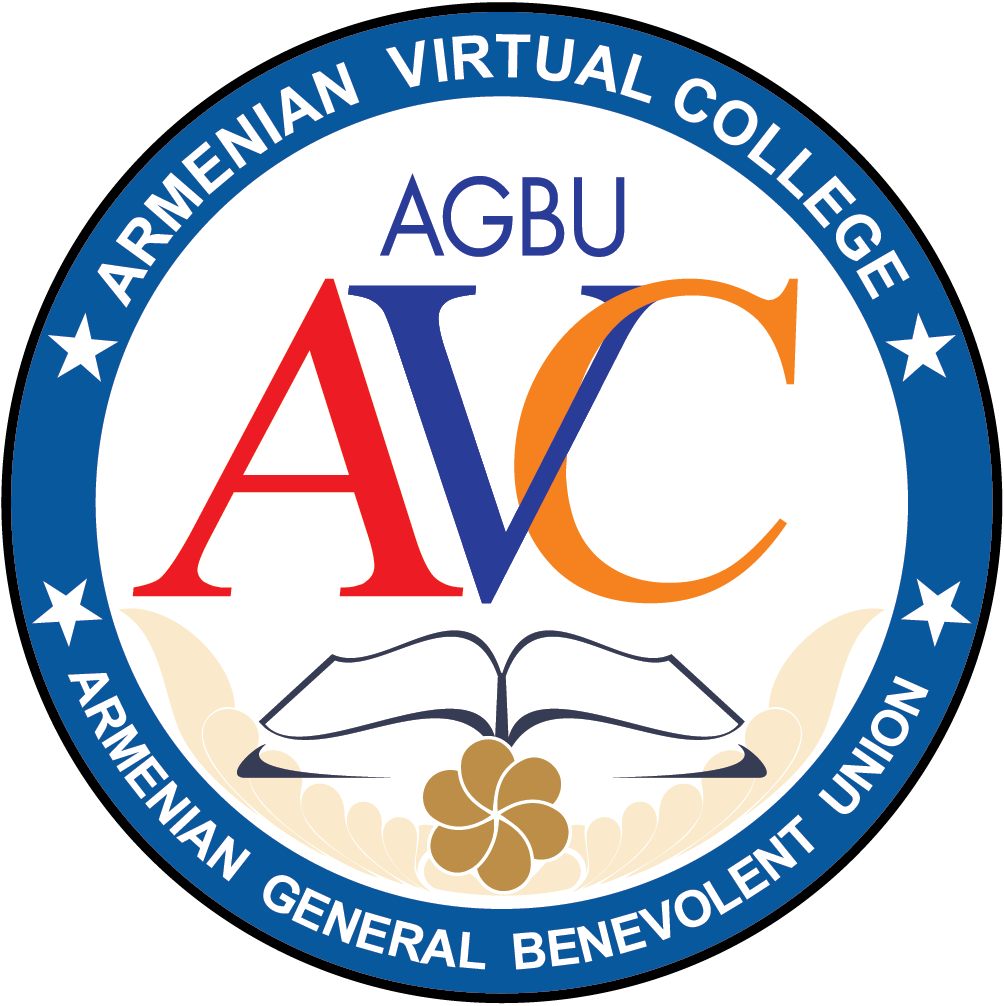Once you are a student, you're a student for the rest of your life.
That typical line that you were told during admission to a new university applies literally to Dr Sona Aronian, who after long decades of university teaching, decided to attend classes again, but this time with the Armenian Virtual College.
Aronian, born in Lynn, Massachusetts, to a family of Armenian Genocide survivors from the Ottoman Empire, has a very interesting family story. Her father, Dr Arshag Aharonian, a proud native of Zeytun, was a medical student in University of Constantinople Istanbul at the time of the WWI, and was forced to serve in the military labor battalions. While at the same time, her mother lost all her family in Maden during the Armenian Genocide and she was being driven as a present to a Turkish cavalry officer in Istanbul. On her way, in Konya, she escaped and met with Arshag, who had also escaped from the labor battalions. At War's end, they married and went to Istanbul, and then to the United States in 1921.
The Aharonians become Aronians in the new country and they give birth to Sona Aronian, who grows up to become a professor of Russian literature, women studies and comparative literature, and teaches at the University of Rhode Island for 40 years.
Sona's father repatriates to Soviet Armenia 1947 with the first caravan of American Armenians, where he passes away in 1960 without being able to see his daughter Sona again, who stays in the United States with her older sister. Sona's first trip to Armenia takes place after her father's death, she has visited Armenia six times since then, the last time being in 2012.
Aronian's community had very few Armenians and no Armenian church. She didn't have the opportunity to enjoy an Armenian atmosphere while growing up to a great extent, and she didn't learn the Armenian language fluently. She could practice Armenian only once a week during her visits to Providence, where there were more Armenians. She studied at Yale University in New Haven, Connecticut, and then moved to Pennsylvania, before her teaching career at the University of Rhode Island. She remembers some of her Armenian students at the university and she laughs joyfully how exchanging a few sentences in Armenian with them made her feel herself connected to a bigger community, which is scattered all around the world. She still remembers one of them, who plays fine duduk!
Dr Aronian retired two and half years ago, and the moment she retired she jumped into the Armenian Virtual College's programs. She had heard about the AVC through the internet and she was delighted with the use of up to date methodology, including pictures and multimedia components.
"I really appreciate the awareness at AVC of what is difficult in Armenian for non-native speakers and addressing those problems," said Dr Aronian.
She took eight courses of Western Armenian language and she completed the program, then she took two Armenian music courses. She says that after the first year the courses progressed too quickly, but her passion for learning was strong enough to put in the time necessary to learn the lessons. Dr Aronian always remembers how helpful her online instructors at the AVC were and how her relationship with them helped her to love her weekly sessions and to have more fun.
The retired professor and the passionate AVC student is now busy researching and writing her family history. She has a lot of material in Western Armenian and her studies at the AVC are helping her a lot in reading and finding out more information through those materials.
Aronian is fond of Armenian writers Zabel Yessayan and Vahan Tekeyan. She is planning to take her next courses in Armenian literature. At the Armenian International Women's Association meetings, of which she is a longtime member, she always talks about her studying at the AVC and she says that somebody is always interested in that.
"I give full credit to AVC for what they allow me to accomplish in re-inheriting my own heritage," says Dr Aronian.
by Harout Ekmanian









